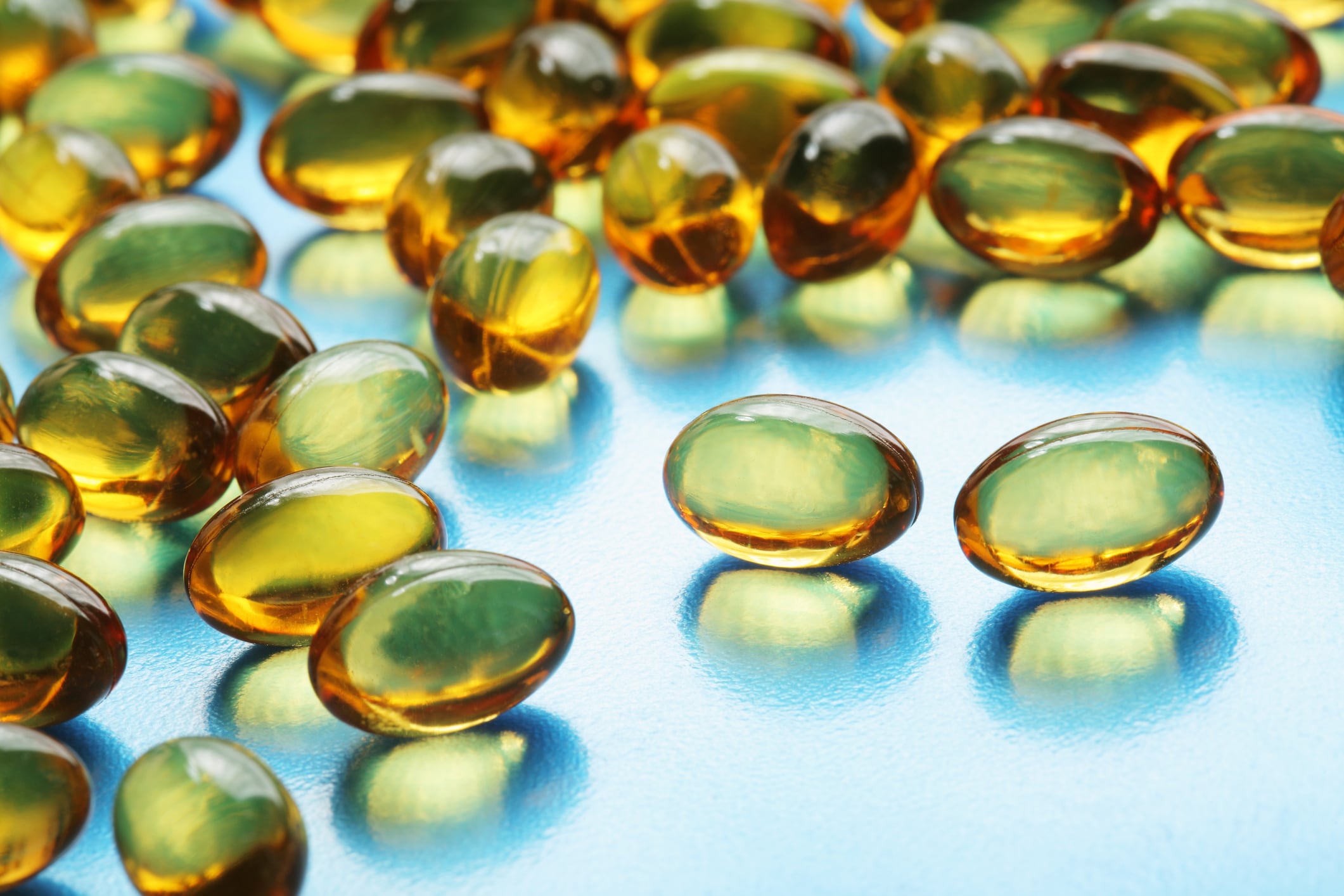Data from in vitro studies published in PLoS ONE indicated that eicosapentaenoic acid (EPA) and docosahexaenoic acid (DHA) may promote or upregulate an antioxidant response in human aortic endothelial cells that would protect DNA from the damaging effects of reactive oxygen species (ROS).
“Accumulating evidence suggests that DNA damage plays a pivotal role in the development of atherosclerosis,” wrote scientists from Hiroshima University and Fukushima Medical University. “Although [omega-3s] likely possess heterogeneous properties beneficial to cardiovascular health, the effect of EPA and DHA on genome integrity in the context of atherosclerosis has been remained unknown. One of the major findings of this study is that EPA and DHA diminished ROS-induced DNA damage in human aortic endothelial cells.”
“There's little doubt about the cardioprotective benefits of EPA and DHA”
The study adds to a large body of evidence supporting the potential cardiovascular benefits of omega-3s, first reported in the early 1970s by Dr Jorn Dyerberg and his co-workers in The Lancet and The American Journal of Clinical Nutrition.
To date, the polyunsaturated fatty acids (PUFAs) have been linked to a range of cardiovascular benefits, from improving in blood lipid levels to reducing the tendency of thrombosis, and from improving blood pressure and heart rate to reducing the risk of coronary heart disease (CHD) and cardiac death.
Commenting on the study’s findings, Harry Rice, PhD, VP of scientific and regulatory affairs for Global Organization for EPA and DHA Omega-3s (GOED), told us: “After literally decades of research on EPA and DHA, there's little doubt about their cardioprotective benefits. What's not clear is/are the mechanism(s) of action responsible for the cardioprotective benefits.
“While the current research provides some interesting insight, by no means should it be considered conclusive or even complete. Even if it is found to be true past in vitro studies, there are likely multiple mechanisms to be elucidated.”
Study details

For the new study, the Japanese scientists treated human aortic endothelial cells with solutions containing EPA and DHA. DNA damage was induced by exposing the cells to hydrogen peroxide (H202).
Results showed that DNA damage was reduced by 47% and 48% in cells treated with EPA and DHA, respectively. In addition, H2O2-induced activation of ATM (adipose tissue macrophages), described as a major orchestrator of the DNA damage response, was also significantly reduced by 31% and 33% with EPA and DHA treatment, respectively.
“These results indicated EPA and DHA attenuated DNA damage independently of the DNA damage response,” wrote the researchers.
Additional analysis revealed that the mRNA levels of antioxidant molecules were significantly increased with EPA and DHA. When the researchers silenced factor erythroid 2-related factor 2 (NRF2), an antioxidant regulator, this “remarkably” nullified the increases in mRNA levels of antioxidant molecules (and the subsequent decrease in intracellular reactive oxygen species), said the researchers.
“[O]ur findings indicate that n-3 PUFAs attenuate oxidative DNA damage and subsequent cell senescence, at least in part, through upregulation of NRF2-mediated antioxidant response. Therefore mitigating DNA damage may be a possible mechanism by which n-3 PUFAs exert cardioprotective effects. Although it is necessary to further elucidate the detailed molecular action of n-3 PUFAs on cardiovascular health, our findings support n-3 PUFAs as potential therapeutic agents against CVD,” concluded the researchers.
Source: PLoS ONE
12(11): e0187934. doi: 10.1371/journal.pone.0187934
“Fish oil omega-3 polyunsaturated fatty acids attenuate oxidative stress-induced DNA damage in vascular endothelial cells”
Authors: C. Sakai, et al.

